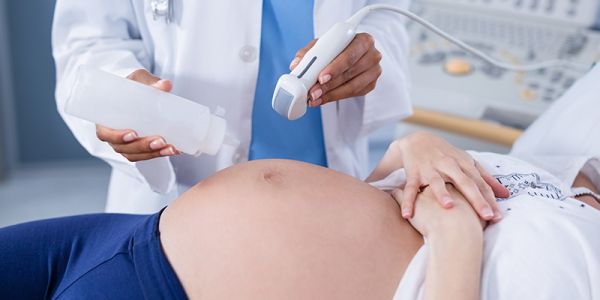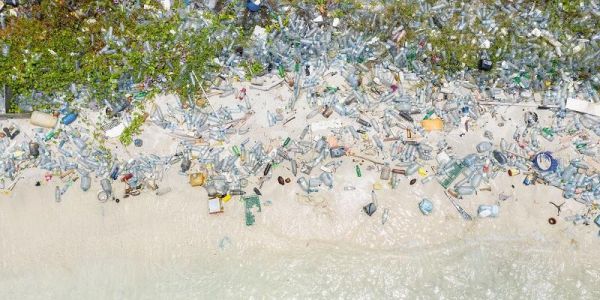
Explaining unexpected baby scan news to expectant parents
New scanning protocols have been drawn up for the thousands of expectant parents affected by pregnancy complications each year.

New scanning protocols have been drawn up for the thousands of expectant parents affected by pregnancy complications each year.

The death rate for patients who experienced what is normally a lower-risk heart attack rose sharply during the peak of the COVID-19 pandemic, according to an analysis of NHS data.

Professors Alejandro Frangi and David Jayne have been appointed as the first joint Directors of the new Centre of Responsive HealthTech Innovation.

A new meta-analysis emphasises the need for the next generation of “health conscious” products to focus on food texture to enhance the feeling of being full.

Researchers have for the first time measured a fundamental property of magnets called magnon polarisation — and in the process, are making progress towards building low-energy devices.

The two pollutants most harmful to human health, PM2.5 and Ozone, were only slightly reduced or barely affected during the lockdown in China, according to a new study.

A new study uses satellite data over the Southern Hemisphere to understand global cloud composition during the industrial revolution.

Nearly 1.4 billion tonnes of plastic will be dumped on land and in the oceans over the period from 2016 to 2040 unless the world acts, say a team of global experts.

The most advanced and comprehensive analysis of climate sensitivity ever undertaken has revealed with more confidence than ever before how sensitive the Earth’s climate is to carbon dioxide.

Field tests have begun using intelligent robots to prevent the spread of coronavirus in busy public spaces.